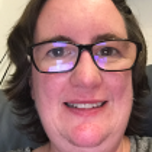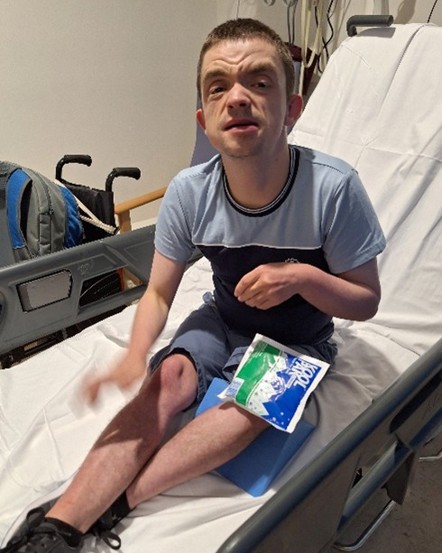5 tips for surviving summer

Miriam Gwynne
Full time mum and carer for two truly wonderful autistic twins. I love reading, writing, walking, swimming and encouraging others. Don’t struggle alon...

Four weeks before school was due to close for summer we went on a short break as a family for a bank holiday weekend. It was supposed to be relaxing, calming and fill us with hope for the long summer holidays ahead. Sadly it was one of the hardest weekends ever as a family. The cost was huge; physically, financially and emotionally, and it left me seriously concerned how we might ever cope with seven weeks of no respite, support or time apart from our son.
Summer is often our most difficult period of the year. My autistic son needs routine, predictability, structure, sensory stimulation and constant attention. He thrives on his school routine: seeing others in his class, having morning routine and accessing equipment that we don’t have at home. He loves his morning bus ride, his timetable, his teachers and his school dinners and he has no understanding about why all that disappears for almost two months every year.
I’ve long given up on exploring new places or being spontaneous or even having a lie in.
None of that works for my child so it doesn’t work for us as a family.
This year is our last ‘summer holiday’, his last long summer break from school as he starts his final year of education in August. After this year we have no idea what he will be doing or what closures, if any, will happen in summer.
Over the 16 years of struggling through long summers with a profoundly autistic son with severe learning disability and complex health needs I’ve learned 5 things that have really helped us cope. Every family and every child is unique but there might be something I have leant that just might make your summer that bit easier for someone else.
So here’s my five tips for surviving summer with a disabled child or young person.
1. Think differently.
Is it a hot day? Avoid the beach or the pool and think about places others will be avoiding like soft play or bowling or the trampoline park. They are likely to be much quieter, more relaxed and very grateful for your custom!
2. Go early.
If your child loves the beach and you really want to go head out before anyone else. Pools, bowling alleys, soft plays, trampoline parks, inflatable fun parks, theme parks and so on all start to really get busy late mornings and afternoons. Getting there shortly after they open means you are leaving just as the crowds arrive. My son loves nothing more than being the first at the bowling alley before the loud music starts when he can push his favourite red ball down the slide without fear of someone else wanting to use his slide or ball after him.
3. Find out about clubs, groups or breaks.
Even an hour break can make a huge difference to your mental health. Ask at your child’s school or on social media or local churches. For the first time this year my son will be attending some summer fun sessions at his school for a few hours. Although I need to stay because of his high medical needs it’ll be great to have adult company for a short time and it will help my son with the difficult transition back to school a few weeks later.
4. it’s ok to holiday in the same place every year.
Having a son with complex epilepsy and a progressive genetic condition, going abroad isn’t really an option for us. Instead, we travel just an hour away from home, close enough to the main hospital should anything awful happen, but far enough away that it still feels like a break. It enables us to access the only foods my other child will eat and creates a familiarity for us all that enables us to continue our necessary routines. If it works why change it?
5. Keep routine.
In our house we wake at the exact same time every day regardless of summer. Morning routine remains exactly the same as do mealtimes and bedtime. Our diet remains the same and my son wears the same T-shirts all year round. It brings comfort, keeps everyone safe and makes for a much more peaceful home.
There will be hard days and very long days but we start each day new and use picture cards, communication apps and calendars to help everyone know what is happening and when. There’s a lot of repetition, a lot of chicken nuggets made and the same bedtime story read every night for seven weeks.
It’s what works for us. People might judge but then they aren’t living with epilepsy, severe autism, learning disability and eating issues.
It’s ok to struggle but try and make memories too. Even if your child won’t ever remember summer you will and all too soon it’ll be back to school and summer will be over.


